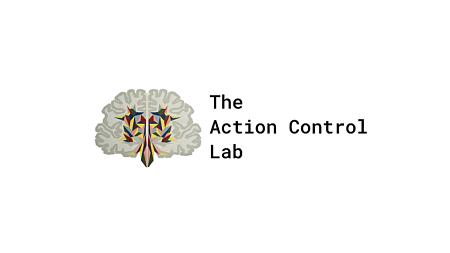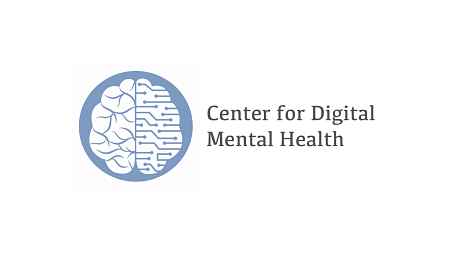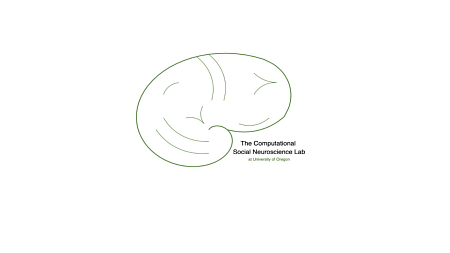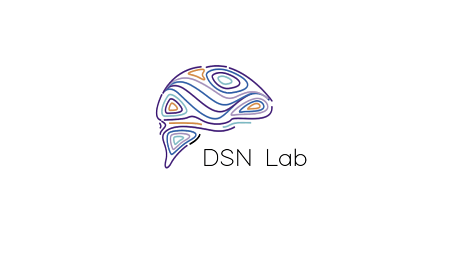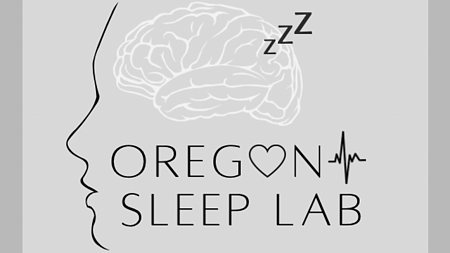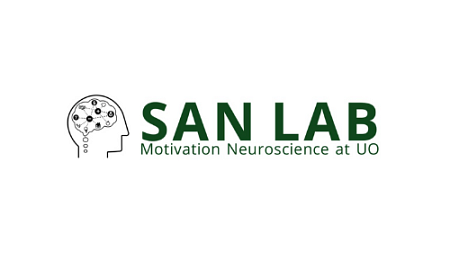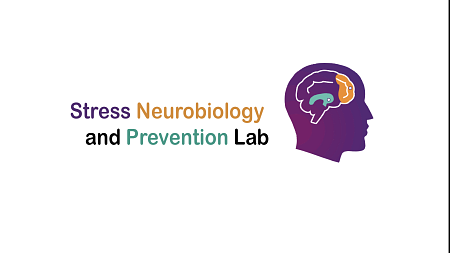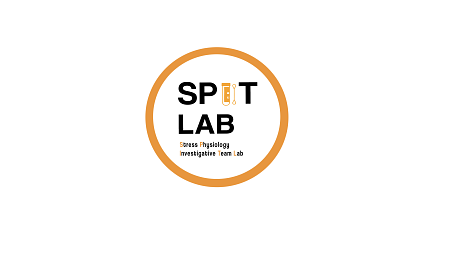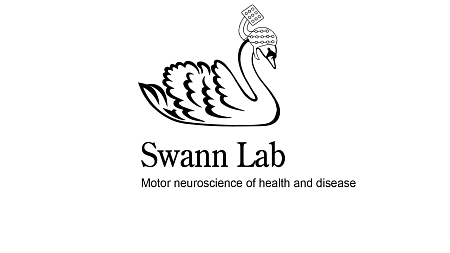Mission Statement
The Center for Translational Neuroscience (CTN) at the University of Oregon has the mission of translating discoveries in basic neuroscience, psychology, and related disciplines to improve well-being, promote resilience, and mitigate the effects of early adverse experiences on physical and emotional health.
CTN houses research projects, science communication initiatives, professional development, and intervention program development, implementation, and evaluation activities.
The primary leadership of CTN are faculty in the Department of Psychology, where CTN is housed. Affiliated faculty work in departments across the university. In addition to faculty, CTN is home to numerous postdoctoral research associates, masters and doctoral graduate students, undergraduate research assistants, and University of Oregon employees.
Meet our Teams!
What Makes the CTN Unique?
10 Principles of Translational Neuroscience
10. Select neurobiological methodologies and measures based on their suitability to the hypotheses being tested.
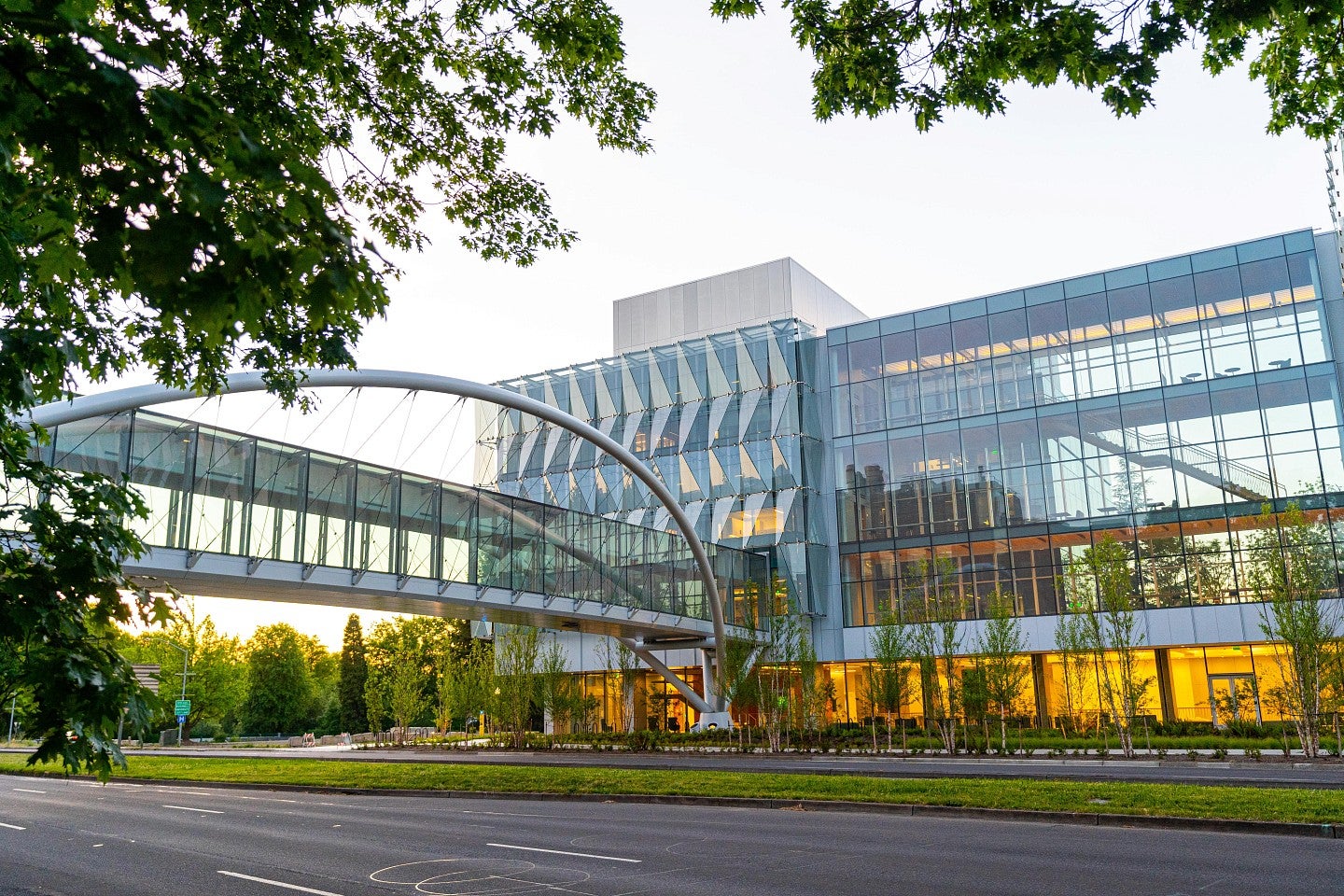
Historically Cutting Edge Collaboration
The CTN brings together faculty whose interests span basic neuroscience methods such as neuroimaging, neuroendocrine research, and psychophysiology with those interested in evidence-based prevention and intervention programs. The CTN evolved within the Prevention Science Institute to reflect the synergy between these two related areas of science.
Researchers at the University of Oregon have been at the forefront of this evolution, and are recognized for their federally-funded research studies that integrate neuroscience and intervention. The CTN will provide a formal intellectual home and international resource for ongoing collaborative research and translation of basic and applied science in the service of prevention.
Research Foci





Graduate Education
A core mission of the CTN is to enhance interdisciplinary education in translational neuroscience. The CTN provides multiple opportunities for graduate training including access to pilot and training funds as part of a federally-funded Center for Excellence grant; obtaining pre-doctoral minority supplements to support qualified minority doctoral students; and providing mentorship and support for graduate students, postdoctoral fellows, and early career faculty to submit applications for independent funding (e.g., NRSA & NSF fellowships, foundation fellowships).


